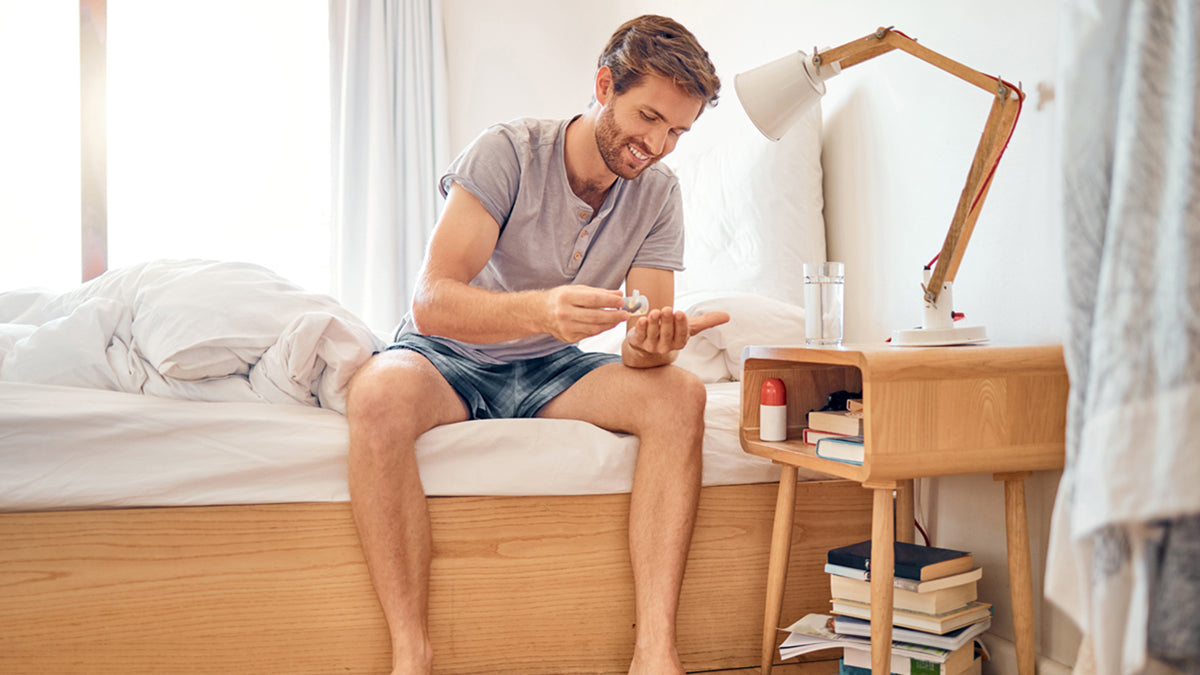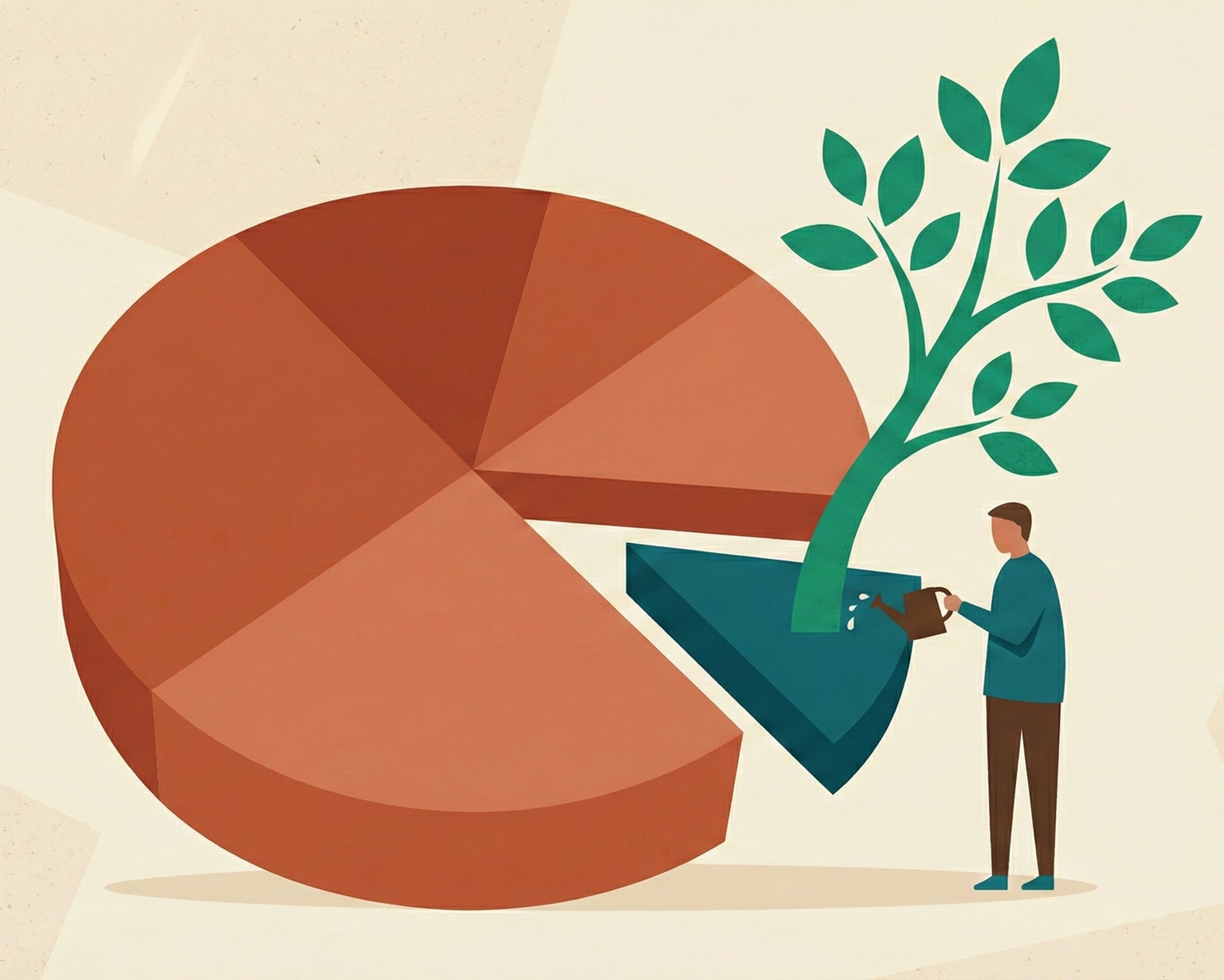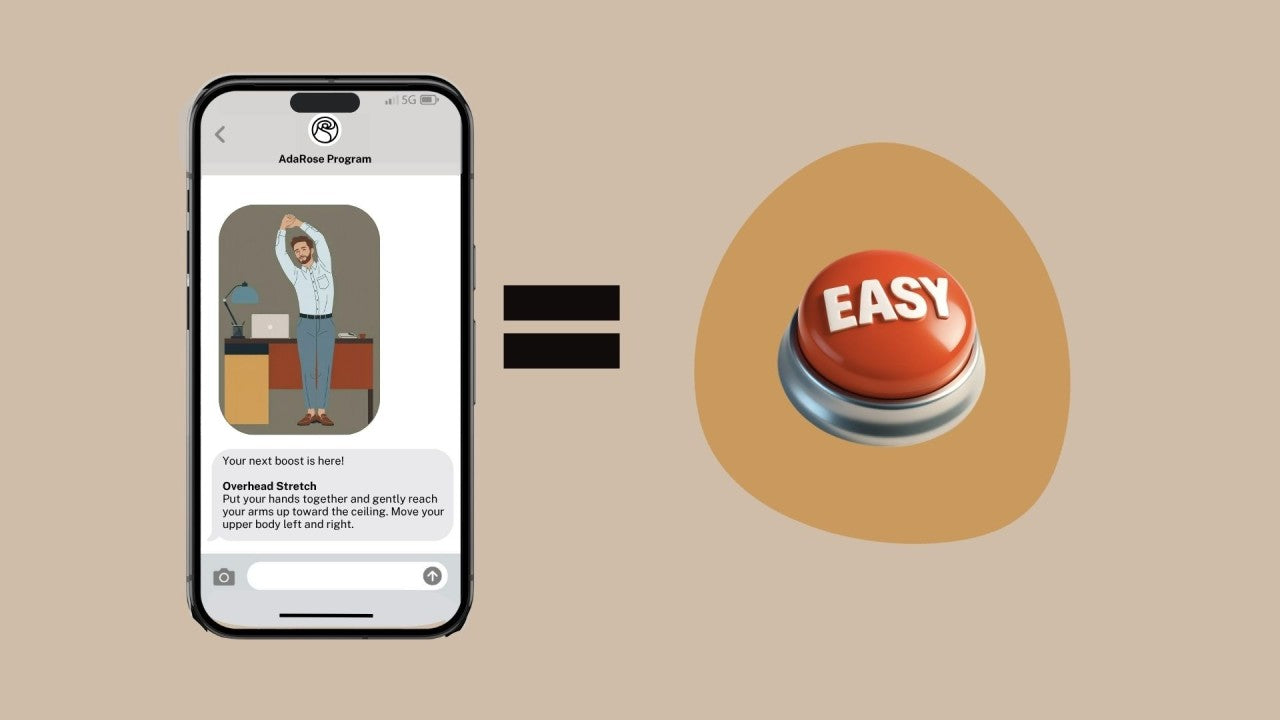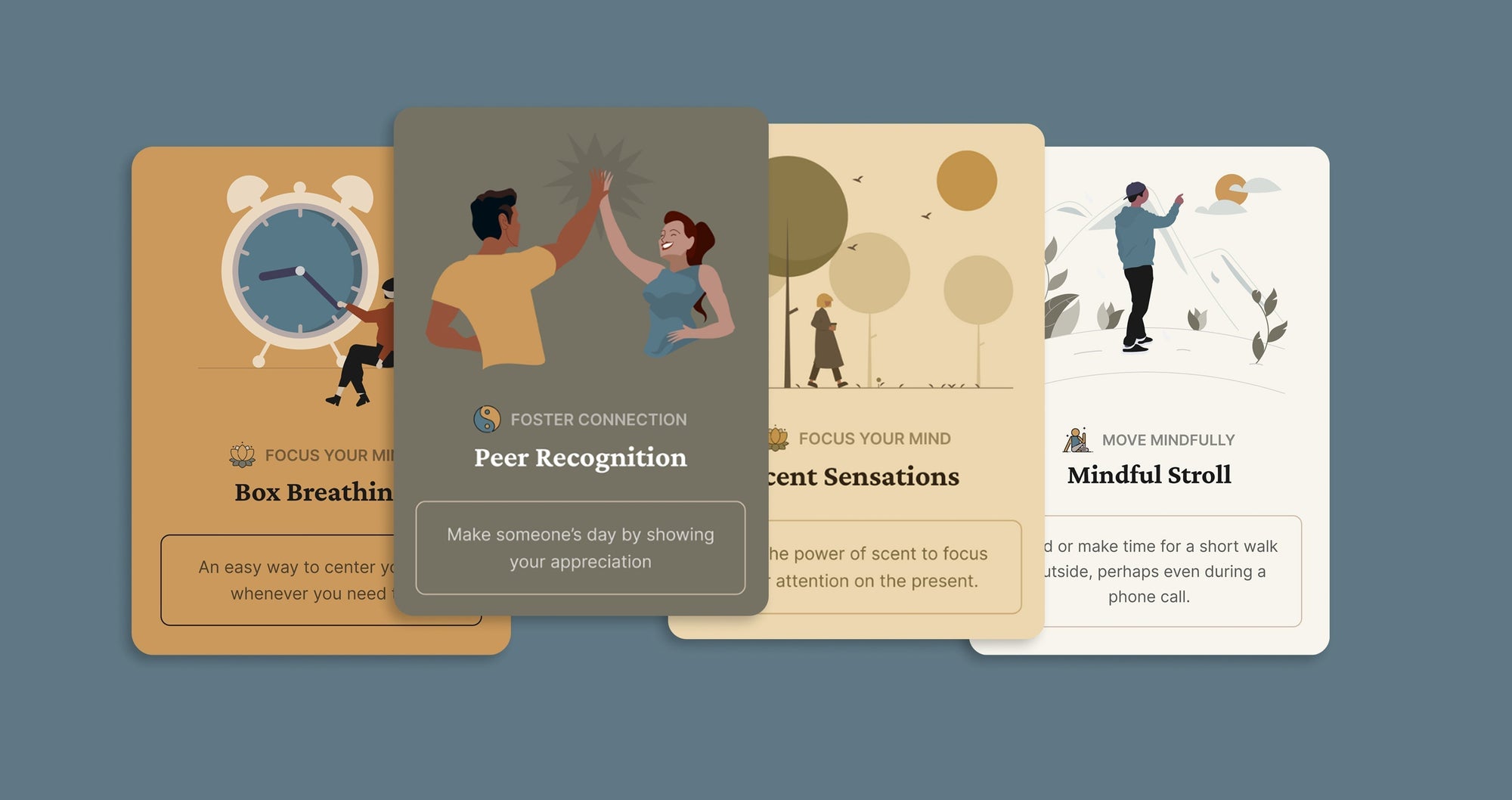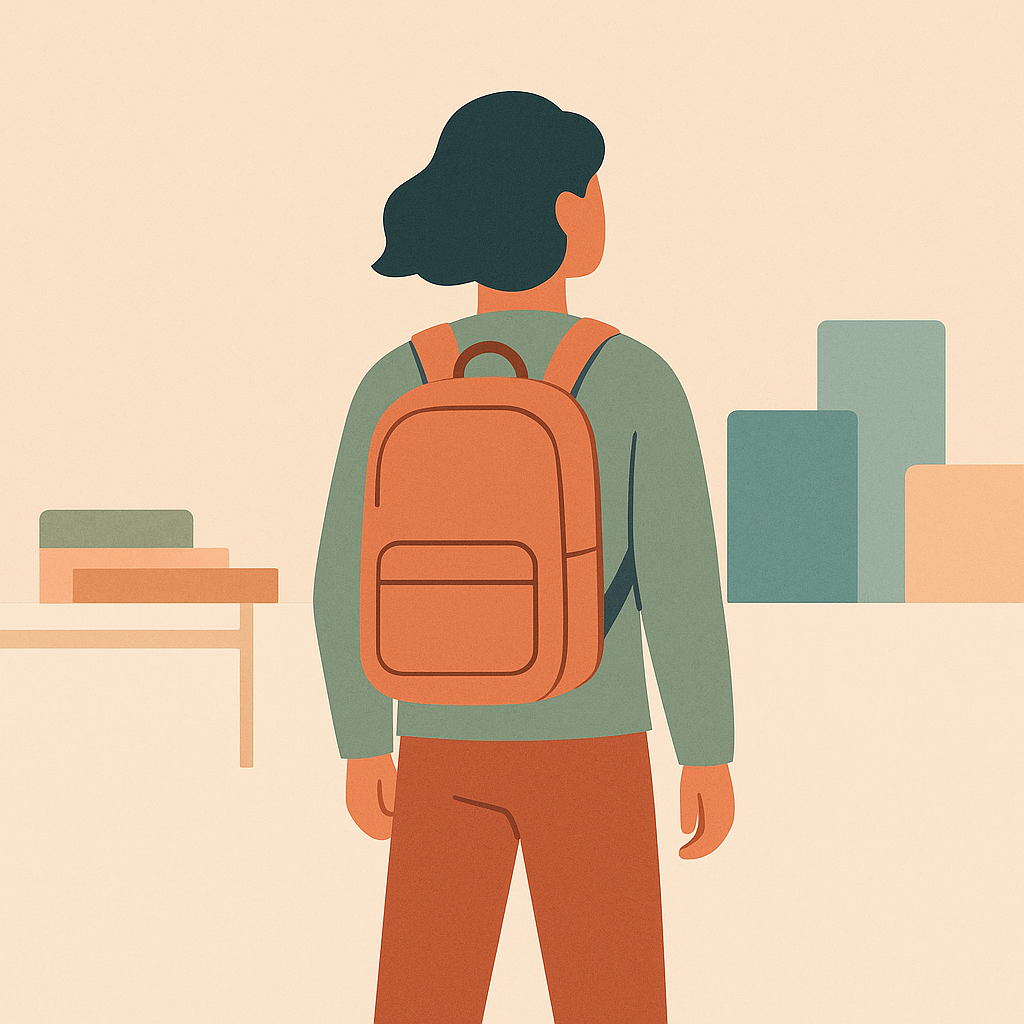Half of Americans have taken a prescription drug in the last 30 days--including 70% of people over age 40. Most seniors and people with complex health conditions juggle a long list of meds, some prescription, some over-the-counter supplements.
The thing is, we’re bad at remembering to take them. I know it only takes me about two minutes to forget whether I’ve taken a pill if I’m concentrating on something else. And when am I not?
Nationally, this is a big problem. Three out of four Americans don’t take their medications as directed. There are many reasons for this, including costs and adverse reactions, but not remembering is definitely a major factor. Poor medication “adherence,” as it’s called, can put people at risk of a heart attack, stroke, and other dangers. The impact in a single year is $300 billion in costs and 125K lives lost.
The old school way to remember to take medications is to use one of those plastic medicine trays my grandparents used to have, with little compartments for each day.
A few years ago it was big news when Amazon bought PillPack, which pre-packages pills in plastic packets to take according to an individual’s needs, for $750 million.
Modern tech has come up with lots of other solutions, too, including digital containers and apps with reminders. Features include sending audio or visual alerts to the pill-taker and/or a caregiver if someone skips a dose, automatically refilling prescriptions, keeping medications safely locked until their time of use, and powering themselves in case of a loss of electricity. Some are a one-time purchase, others are subscription based.
The Pria, pictured above, uses voice and facial recognition technology to recognize household members and dispense personalized pills, vitamins, and advice to them. Plus, it's kind of cute. Do you think I could outsource reminders to my kids to eat vegetables to Pria? If so, I just might be in.
Do you use digital tools to remember to take medications? Why or why not?

